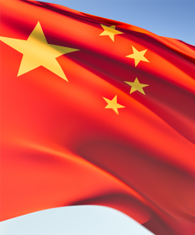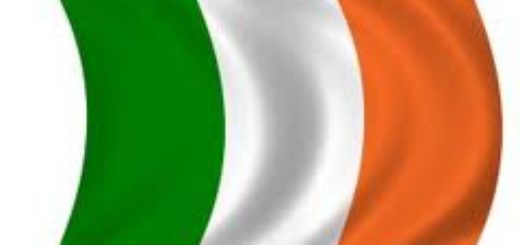 China’s economy slid to its slowest growth in more than a decade last year, dragged down by global woes and a domestic campaign to deflate a property bubble. But the country finished 2012 on a higher note with a rebound that analysts believe will filter into a stronger performance this year. China’s gross domestic product expanded 7.8 per cent last year, the lowest since 1999. In the fourth quarter, growth was 7.9 per cent year-on-year, breaking a streak of seven consecutive weaker quarters. “Overall the economy has been stabilising,” the national statistics bureau said in a statement on Friday. [Financial Times]
China’s economy slid to its slowest growth in more than a decade last year, dragged down by global woes and a domestic campaign to deflate a property bubble. But the country finished 2012 on a higher note with a rebound that analysts believe will filter into a stronger performance this year. China’s gross domestic product expanded 7.8 per cent last year, the lowest since 1999. In the fourth quarter, growth was 7.9 per cent year-on-year, breaking a streak of seven consecutive weaker quarters. “Overall the economy has been stabilising,” the national statistics bureau said in a statement on Friday. [Financial Times]
The Financial Times is being touted for sale by investment banks including Nomura and Bank of America Merrill Lynch for up to £1bn. Some of the banks are also offering publishing group Pearson’s share inThe Economist magazine, as well as acquisitions database Mergermarket to potential buyers, according to documents. The FT owner has repeatedly denied appointing advisors to sell the newspaper and has indicated to investment banks that it is unlikely to chase a deal for the title in this way. However, banks are courting potential buyers so that they can present the media and education group with an offer, following the pattern of previous Pearson divestments. [The Telegraph]
Philip Clarke, the chief executive of Tesco, has taken to his Talking Shop blog to hammer home the message that the supermarket chain is taking the horsemeat scandal head on. “If some of our customers are angry, so are we,” he wrote. “We expect our suppliers to deliver to a standard, and to meet basic food traceability rules. But our customers shop with Tesco, not our suppliers, so you won’t find us hiding behind suppliers.” Clarke’s reaction, according to retail analysts, was part of a textbook response to the scandal that could yet see the company avoid long-term damage to its reputation following the discovery of horsemeat in some of its beefburgers. [The Guardian]
Germany’s finance minister Wolfgang Schaeuble has said that the problem of high indebtedness is not limited to the crisis-hit eurozone and that the situation in Britain and the US is worse. Speaking in Parliament, Mr Schaeuble also said he was worried by the policies pledged by the recently elected government in Japan, which has vowed a big increase in spending to bolster the econony, AFP reported. “Britain has a higher state debt than the eurozone average and I don’t even want to mention the United States of America,” Schaeuble said. [The Telegraph]
The first competition investigation into pensions in 17 years began yesterday as the Office of Fair Trading expressed concern that savers in workplace retirement plans may be unfairly treated. The OFT said that it was conducting a market study into defined-contribution schemes, now run by the majority of private-sector employers, to see if they were giving value for money. The watchdog is expected to examine hidden charges in schemes as well as controversial arrangements such as active-member discounts, which discriminate against deferred members. [The Times]
High oil prices and the introduction of North Sea tax breaks led to bumper investment in UK waters last year, fuelling hopes of a strong 2013 for the industry. An annual review published today by Deloitte’s petroleum services group shows 65 exploration and appraisal wells were drilled on the UK Continental Shelf (UKCS) in 2012, a 33 per cent hike on the previous year’s total of 49. The UK government also granted 21 field development approvals, the highest for ten years. A further eight “incremental projects” – investment in older fields for redevelopment – were given the green light. The report said an increasing number of purchasers buying fields outright was also a sign of confidence. [The Scotsman]








